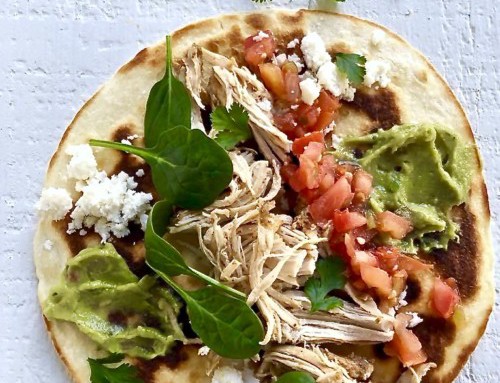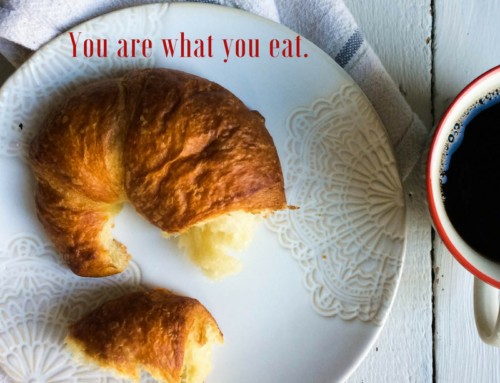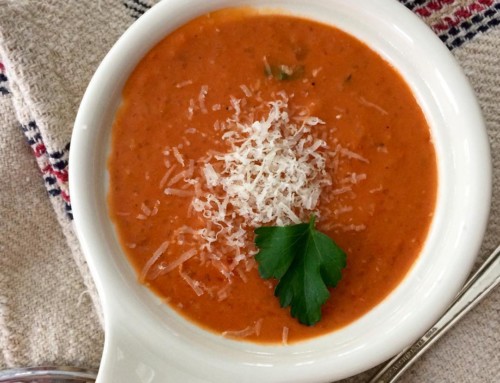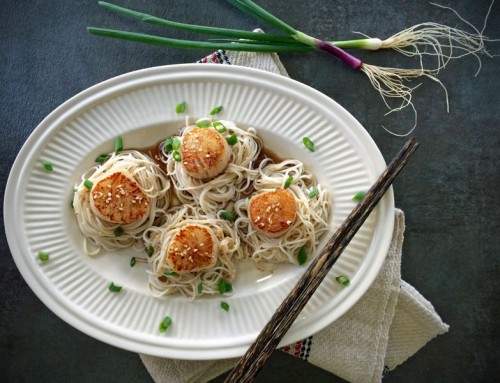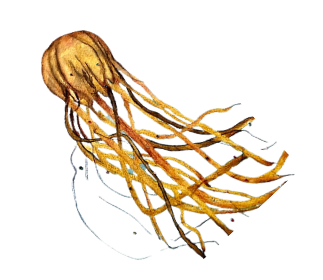 Like the 1.18 billion Catholic’s in the world, I’d grown up eating fish on Friday’s.
Like the 1.18 billion Catholic’s in the world, I’d grown up eating fish on Friday’s.
There are many other weekly rituals associated with the Catholic religion, like Saturday Confession and Sunday Communion. And while these days I choose a nondenominational approach to religion, fish on Friday’s still resonates with me.
I’d grown up in the inner city of Pittsburgh, PA. during the 60s and 70s. As you may know, Pittsburgh has three rivers, the Monongahela, the Ohio and the Allegheny. These three rivers converge downtown at Fort Pitt in Point State Park. The waters of the three rivers were not fishing rivers, (well, they might have been for some,) but in the late 60s, early 70s, they were a shade of muddy-brown and had an oil slick on its surface. It’s worth mentioning they also smelled of sulfur. If there were fish in those waters, I didn’t want any part of it.
The fish of my childhood consisted of brown paper bag, breaded and fried, cod, shrimp and broken scallops pieces from the neighborhood Italian restaurant, Tambellini’s. And then every Friday, I’d eat crunchy, baked-in-the-oven, Mrs. Paul’s fish sticks, tuna-noodle casserole or if I had enough money from my mom, a McDonald’s fish sandwich.
When I was nine or ten, I’d run up the back alley from our house four doors to the fancy Italian restaurant, Tambellini’s, to buy a small brown paper bag full of fresh fish or scallops and thick, creamy tartar sauce. I’d bang on the metal grated door, give my order to one of the dark-haired cooks and then stand to the side of the building. On a Friday evening the parking attendants scurried to open car doors for men in suits and women in fancy dresses. Each time the manager opened the glass paneled double door to the inside of the restaurant, I’d inch closer to catch a glimpse of the inside and smell the mysterious smell of money. Rich, meaty, tomato sauce-laden cool air mingled with the unmistakable smell of fresh fish and meat.
 The days we couldn’t afford to buy from Tambellini’s, I’d walk up past the front of the restaurant and around the side to the netted, grill-covered kitchen windows to watch the men in the kitchen in their herringbone checkered pants, black shoes, white coats and tall hats. Their frenzied activity reminded me of the orchestra I played in at school, although the kitchen pulsed with an energy and beat I didn’t know. But I’d crave it more and more each time I went. A handsome, dark-haired man in a tall white hat, with an accent as thick as the tomato sauce plated pasta while he sang orders in Italian, to the kitchen workers. He’d wave his hands, shouting, amidst plates of spaghetti and meatballs, salads and platters of meat drenched in a creamy white sauce, delicately handled by waiters in black suits. Pots and pans clattered and clanged as if they were cymbals and hot steam escaped through a vent beside the window. I crouched beside the window, peeking in, until someone, usually a manager in a suit, noticed me and shooed me away.
The days we couldn’t afford to buy from Tambellini’s, I’d walk up past the front of the restaurant and around the side to the netted, grill-covered kitchen windows to watch the men in the kitchen in their herringbone checkered pants, black shoes, white coats and tall hats. Their frenzied activity reminded me of the orchestra I played in at school, although the kitchen pulsed with an energy and beat I didn’t know. But I’d crave it more and more each time I went. A handsome, dark-haired man in a tall white hat, with an accent as thick as the tomato sauce plated pasta while he sang orders in Italian, to the kitchen workers. He’d wave his hands, shouting, amidst plates of spaghetti and meatballs, salads and platters of meat drenched in a creamy white sauce, delicately handled by waiters in black suits. Pots and pans clattered and clanged as if they were cymbals and hot steam escaped through a vent beside the window. I crouched beside the window, peeking in, until someone, usually a manager in a suit, noticed me and shooed me away.
I was in Jr. High school when it became “my turn,” (a phrase that would encompass a plethora of household chores that I’d learn to dread over time), to prepare dinner for our family. But before that time, not only were the freezer-to-oven Mrs. Paul’s fish sticks easy to prepare, I’d get to make one of my all-time favorite foods, Kraft macaroni and cheese. It was the day before Saturday Confession, an equally important day of the week as a Catholic, because you couldn’t receive Holy Communion on Sunday if you didn’t attend Confession on Saturday.
It wasn’t until I was entering into my gloomy, angst-ridden high school years that I dreaded going to Confession. But when life was still banana-popsicle sweet, I loved sitting in the dark, clocked closet of the confessional room, whispering my burdens of sin to the unseen priest on the other side of the screen. Better yet, were the admonitions he’d deliver for my sins. The church was quietest on Saturday’s and as I’d knelt in the pews to recite ten Hail Mary’s, it was a relief most weeks to learn that I was indeed, a good Catholic, and that taking an orange from the refrigerator without asking wasn’t going to land me into the flames of the Devil in Hell.
Alternating Friday’s, I’d prepare tuna-noodle casserole. This was a life-time ago when tuna in the can was just that. Charlie, the tuna who wore dark-rimmed glasses and a smile, was the reason to buy the stuff, not because it was environmentally friendly. Five ingredients; canned, oily, beige-colored tuna (that made me think of cat food when I opened it), dried butter noodles, Campbell’s cream of mushroom soup (or celery), canned peas and saltine crackers, created the warm, gooey satisfying meal. The crunchy, salty topping was the perfect combination for this casserole. It would be years before I learned the standard topping was a canned, dried onion ring. I felt cheated somehow that I didn’t know. I felt like telling my mom, “Hey, just because we’re poor, doesn’t mean I shouldn’t know about the dried onion rings.” But I would never do that to my mom, besides, I’d have to confess that on Saturday. It’s was all about respect.
 As a young teenager when I could scrap enough coins together, (from collecting pop bottles and canned soda, selling Christmas Cards door-to-door, or asking my older sisters and brothers for a few dollars), I’d walk downtown to McDonald’s. I couldn’t afford to take the incline or take the bus and buy the sandwich, so I walked. It was several miles, across the Smithfield Street bridge, that bounced from the weight of the cars and street cars, the dirty river (the Monongahela) swirled below, and I was thankful ecah time I crossed that bridge, that I’d made it to the other side. It was a small consilation that I was a good swimmer, but I was more freaked out that I might have that I’d fall into that dirty, oily water.
As a young teenager when I could scrap enough coins together, (from collecting pop bottles and canned soda, selling Christmas Cards door-to-door, or asking my older sisters and brothers for a few dollars), I’d walk downtown to McDonald’s. I couldn’t afford to take the incline or take the bus and buy the sandwich, so I walked. It was several miles, across the Smithfield Street bridge, that bounced from the weight of the cars and street cars, the dirty river (the Monongahela) swirled below, and I was thankful ecah time I crossed that bridge, that I’d made it to the other side. It was a small consilation that I was a good swimmer, but I was more freaked out that I might have that I’d fall into that dirty, oily water.
Once I’d arrived into the city, I’d walk directly to McDonald’s, order a MacFish sandwich, a glass of water and pray that a seat was available by the window. The hot, soft bun and fillet of fish melted in my mouth. I’d sit and watch the people walk in and out of the revolving door, slowly savoring each bite while I rested my feet before the walk back home, all the while trying to figure out a way to buy my next MacFish sandwich.
It would be several years before I would taste briny, dense, fresh mahi-mahi, flaky, tender snapper fresh, crisp shrimp. In many ways, I’d lived a sheltered life, like the shellfish I’ve learned to love these days, protected by a hard outer shell.
I’m thankful for my small fortunes in life. Although I don’t go to confession on Saturday’s or receive holy communion on Sunday’s, I say a prayer of thanks to God everyday, especially when I eat fresh fish.

